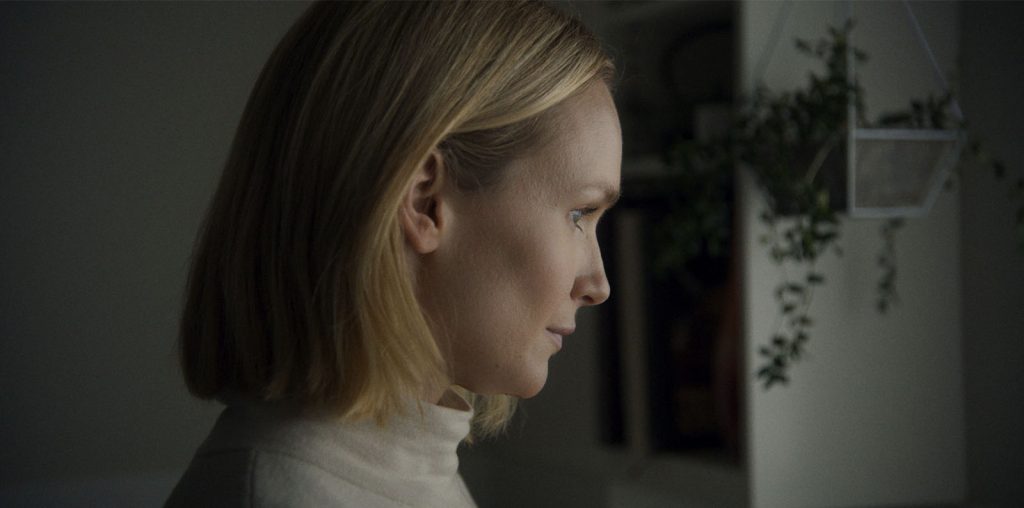
Kevin Fitzgerald’s documentary “Freestyle” is an ebullient portrait of the underground hip-hop MC subculture and its masters of the freestyle brand of improvised rap poetry. The film is a visceral overload of wordplay ranging from the spontaneous neighborhood park jams to the overflowing concert venues.
The roots of the “Freestyle” performance art is a gumbo of the universal black experience: the eloquent imagery of the griots of Africa, the rhythmic cadences of the ministerial sermons from the black Southern churches, the intellectual anger of the 1960s jazz poets, and the verbiage play of the Jamaican toasters. Freestyling forces its artists to glide frenetically about the vastness of the language without advance preparation, improvising their rhymes into electric couplets while lacing an unapologetic insouciance that alternately roars with self-aggrandizing swagger or slices with acidic put-downs. The film clearly can’t get enough of freestyling, to the point that it is impossible to venture more than two minutes for someone bursts into high-energy explosions of freestyle frenzy.
Hip-hop fans will have a field day here, as “Freestyle” is packed with a stellar line-up: Mos Def, Run DMC, Black Thought of the Roots, Freestyle Fellowship, DJ Kool Herc, Ghostfacekilla of the Wu Tang Clan, Breakestra, Notorious B.I.G., Kool Moe Dee and Tupac Shakur are among the icons captured on film during the seven-year “Freestyle” shoot.
For those who are not fans of the genre, however, “Freestyle” leaves some points unanswered. Most notable is the need to provide subtitles for more than a few freestylers performing before the camera; the idea of English subtitles for English-speaking performers would suggest the clever rhymers brush up on diction lessons before getting on the stage. Furthermore, the nastier elements of the freestyle target range, most notably the legendary misogyny and homophobia which infects too much hip-hop, is never questioned. And while hip-hop addicts will hardly complain about a surplus of performances, those who are not aggressive devotees might wish there was more time to speak with the freestyling legends in quieter circumstances (the best part of the film comes when MC Supernatural cheerfully describes his regular reading of dictionaries to find new words to weave into his act).
To its credit, “Freestyle” is one of the most technically accomplished documentaries to come around recently. Special kudos are in order for the editors and sound mixer Ty Bertrand for bring a professional audio-aural style to the film which mirrors the intensity and snap of its subject matter.
